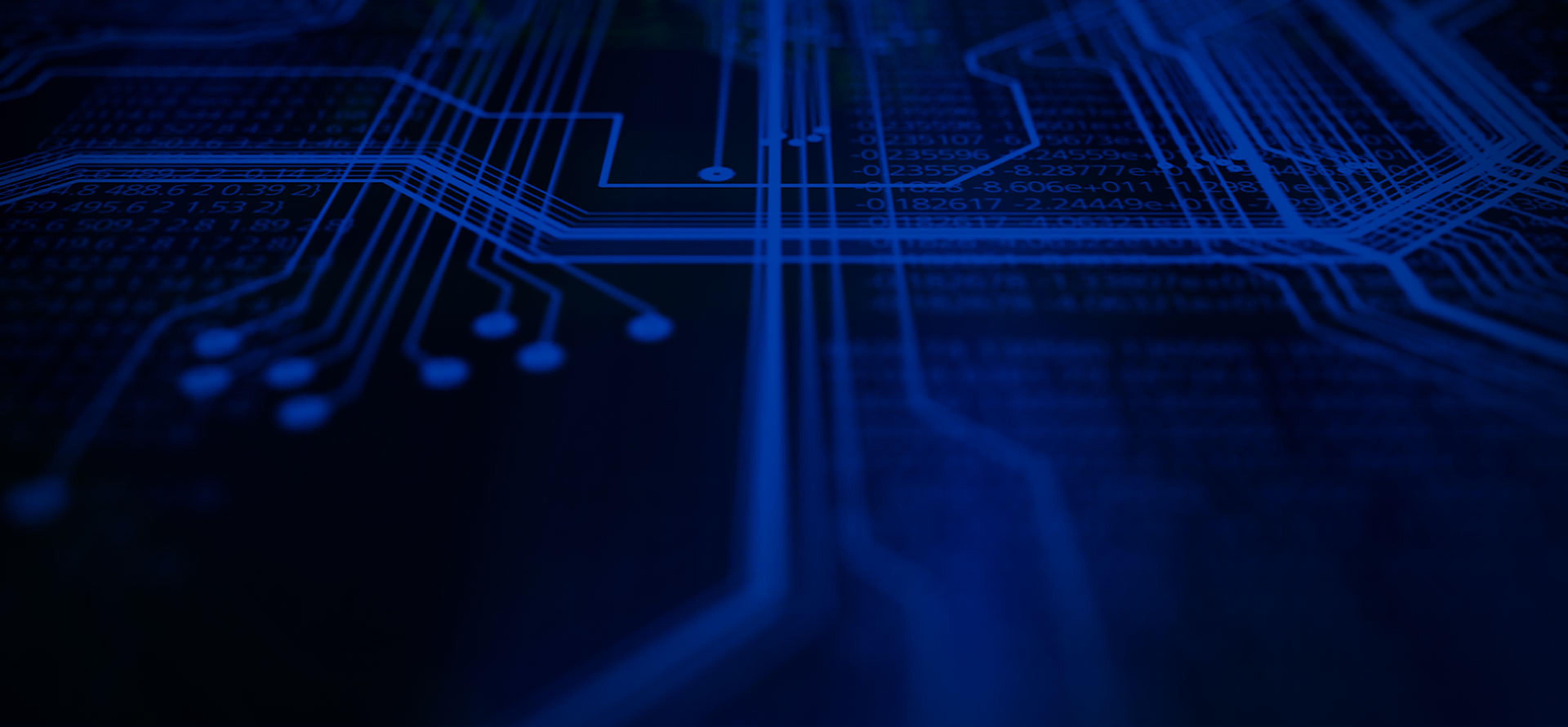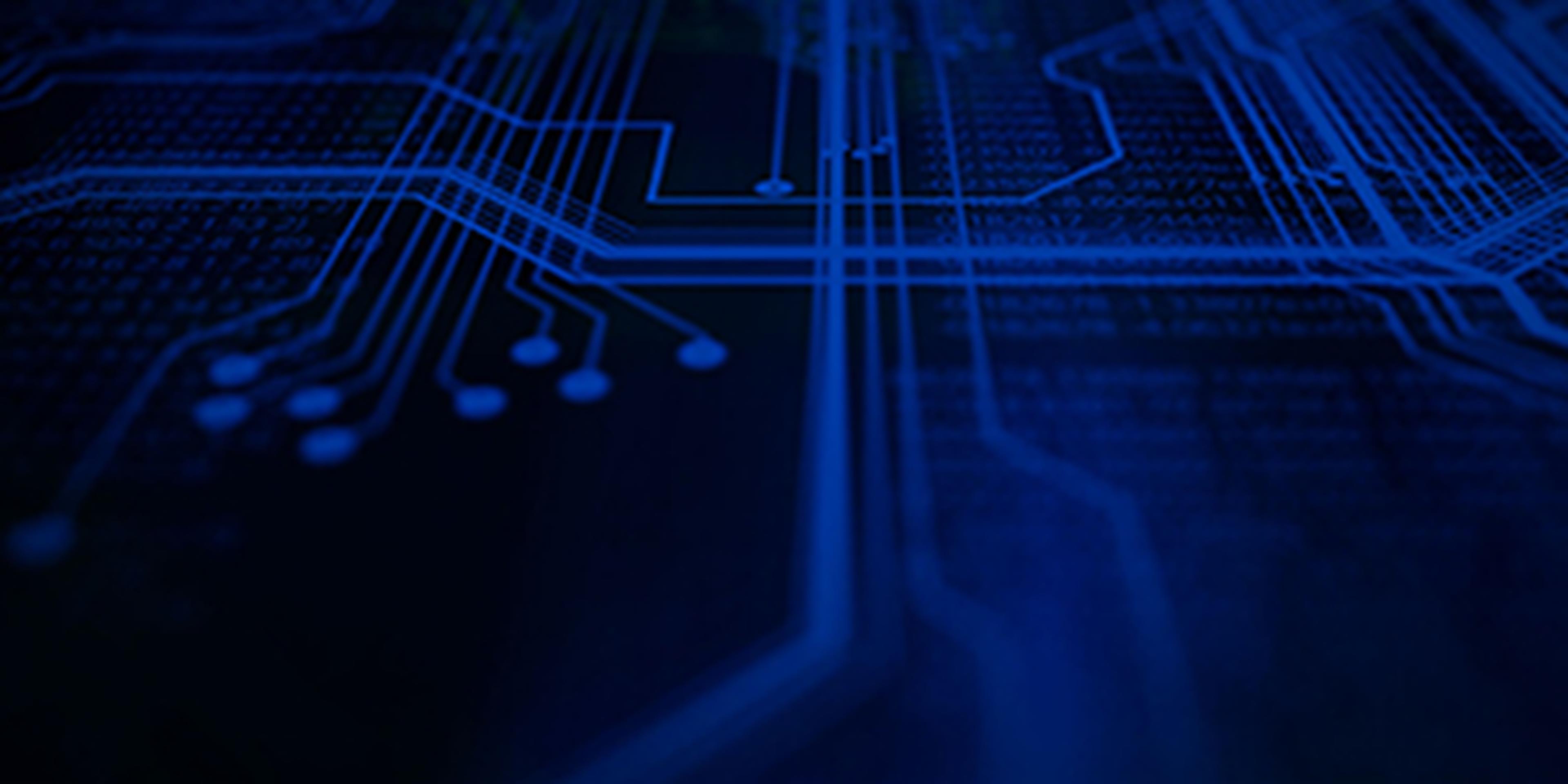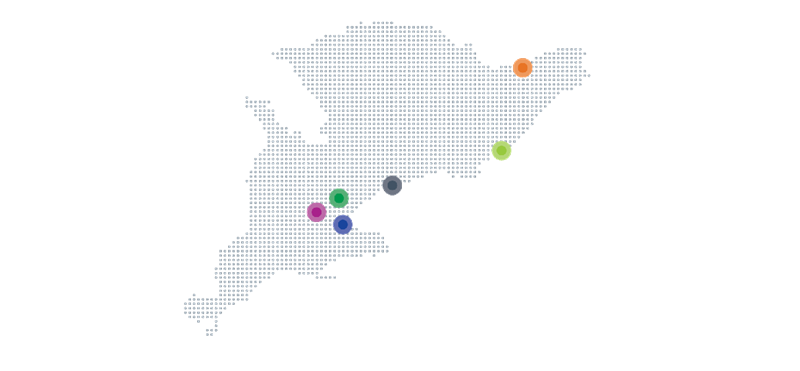Evolving Alongside Artificial Intelligence
Artificial intelligence (AI) is here and it’s here to stay. As the experts in this paper attest, its arrival is an immense opportunity. The applications and implications of AI on the accounting profession will be profound and irrevocable, and thus the time to embrace AI is now.
Just as CPAs have always done when managing and maneuvering through change, they need to embrace innovation, to understand what AI means and learn how it can be used as a tool.
As part of our commitment to thought leadership in the accounting profession, CPA Ontario convened a series of three panels in February and March 2019 to bring together CPAs, industry experts and academic leaders to explore the applications and implications of AI.
Insights gained from those three panels have been complemented by interviews with a range of subject matter experts to inform our latest paper, Evolving Alongside Artificial Intelligence.
Introduction - Relevance amid disruption
Part 1 - Better insights from more data
Part 2 - Ontario as a global leader
Part 3 - Regulatory and ethical considerations
Part 4 - AI skills and the CPA curriculum
Introduction: Relevance amid disruption
AI is already starting to take on data-ingestion tasks on a scale and at a pace that far outstrip anything that humans can do. It is having an effect on revenue forecasting, fraud detection, ledger analyses, tax report writing and more. The full scope of the applications of AI in our profession will only get bigger from here, as will the implications.
Just as CPAs have always done when managing and maneuvering through change, they need to embrace innovation, to understand AI and learn how it can be used as a tool.
Learn about: what AI means for our profession in Ontario and understand what AI means for you.
Read the introduction: Relevance amid disruption
Part 1: Better insights from more data
AI has changed the way we watch television, listen to music, map journeys, shop and organize our schedules. It has disrupted and improved manufacturing, food science, transport logistics. It also affects the work done by CPAs.
There are already numerous applications of AI in our profession – from accounting to auditing, within large national firms and small to mid-sized firms, AI is making work easier, faster, more accurate. AI will continue to grow in prevalence. It’s time to get involved in AI and improve your data insights.
Learn about: practical industry applications already in market, how AI is changing audits and hear from a CPA who used AI to predict Brexit.
Part 2: Ontario as a global leader
Home to leading academics, incubators, accelerators and prominent research organizations, Ontario’s robust innovation ecosystem is filled with vitality and diversity. The province has long been considered a powerhouse of artificial intelligence research and application.
The Greater Toronto Area has been dubbed “the birthplace of modern AI research” and “one of the world’s foremost hubs for AI research and development”, and Ontario is considered the second largest Information and Communications Technology (ICT) hub in North America.
Learn about: Ontario’s vibrant AI ecosystem, the Godfather of Deep Learning and the challenges of commercializing AI research.
Part 3: Regulatory and ethical considerations
The rapid evolution of AI and its accounting applications, particularly in auditing, leads to some important regulatory considerations for our profession. Regulators need to fully understand the policy and economic implications of the rapidly changing technologies that are driving AI forward.
As with any new tool, we need to develop our understanding of how data is collected, managed, processed and analyzed with AI, and ensure compliance with relevant professional standards.
Learn about: the current and future regulatory and ethical environment, potential changes to accounting and auditing standards in Ontario and global contexts and the technical implications of AI algorithms.
Part 4: AI skills and the CPA curriculum
The demand for AI skills is growing rapidly, with employers increasingly looking for professionals with a broad and dynamic range of hard and soft skills. AI is taking on greater influence in virtually every facet of business and CPAs need to have a rising degree of proficiency with AI technologies to stay ahead of the curve.
To prepare for the oncoming wave of AI, CPAs should gain database and IT skills through workplace projects, seminars, self-directed learning and classes.
Learn about: AI skills to develop at different stages of your CPA career, the evolving CPA curriculum and Continuing Professional Development (CPD) options in AI.
Conclusion: Owning the future
AI doesn’t replace jobs, it replaces routine tasks. It enables CPAs to do more, better and faster. By freeing up time to focus on analysis and strategy, AI places a premium on the transcendent CPA skills: professional judgment, problem solving, big picture insight.
To remain relevant to employers and clients and to continue to protect the public interest, CPAs need to embrace AI. Those who don’t may well get left behind.



